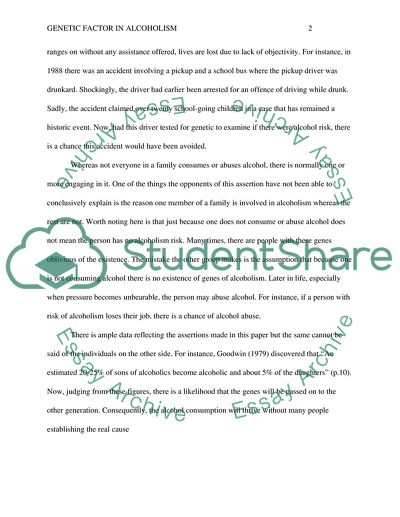Cite this document
(“Evidence for a Genetic Factor in Alcoholism Essay”, n.d.)
Evidence for a Genetic Factor in Alcoholism Essay. Retrieved from https://studentshare.org/sociology/1664432-personal-view-of-controversies-in-the-addiction-field
Evidence for a Genetic Factor in Alcoholism Essay. Retrieved from https://studentshare.org/sociology/1664432-personal-view-of-controversies-in-the-addiction-field
(Evidence for a Genetic Factor in Alcoholism Essay)
Evidence for a Genetic Factor in Alcoholism Essay. https://studentshare.org/sociology/1664432-personal-view-of-controversies-in-the-addiction-field.
Evidence for a Genetic Factor in Alcoholism Essay. https://studentshare.org/sociology/1664432-personal-view-of-controversies-in-the-addiction-field.
“Evidence for a Genetic Factor in Alcoholism Essay”, n.d. https://studentshare.org/sociology/1664432-personal-view-of-controversies-in-the-addiction-field.


